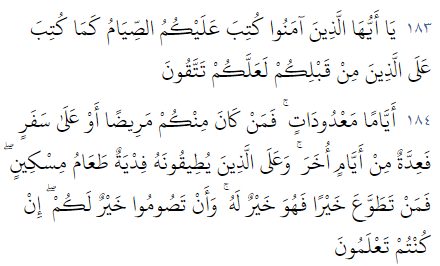Scientists Comments:
Dr. T. V. N. Persaud is Professor of Anatomy, Professor of Pediatrics and Child Health, and Professor of Obstetrics, Gynecology, and Reproductive Sciences at the University of Manitoba, Winnipeg, Manitoba, Canada. There, he was the Chairman of the Department of Anatomy for 16 years. He is well-known in his field. He is the author or editor of 22 textbooks and has published over 181 scientific papers. In 1991, he received the most distinguished award presented in the field of anatomy in Canada, the J.C.B. Grant Award from the Canadian Association of Anatomists. When he was asked about the scientific miracles in the Quran which he has researched, he stated the following:
“The way it was explained to me is that Muhammad was a very ordinary man. He could not read, didn’t know [how] to write. In fact, he was an illiterate. And we’re talking about twelve [actually about fourteen] hundred years ago. You have someone illiterate making profound pronouncements and statements and that are amazingly accurate about scientific nature. And I personally can’t see how this could be a mere chance. There are too many accuracies and, like Dr. Moore, I have no difficulty in my mind that this is a divine inspiration or revelation which led him to these statements.”
Dr. William W. Hay is a well-known marine scientist. He is Professor of Geological Sciences at the University of Colorado, Boulder, Colorado, USA. He was formerly the Dean of the Rosenstiel School of Marine and Atmospheric Science at the University of Miami, Miami, Florida, USA. After a discussion with Professor Hay about the Quran’s mention of recently discovered facts on seas, he said:
“I find it very interesting that this sort of information is in the ancient scriptures of the Holy Quran, and I have no way of knowing where they would come from, but I think it is extremely interesting that they are there and that this work is going on to discover it, the meaning of some of the passages.” And when he was asked about the source of the Quran, he replied: “Well, I would think it must be the divine being.”






